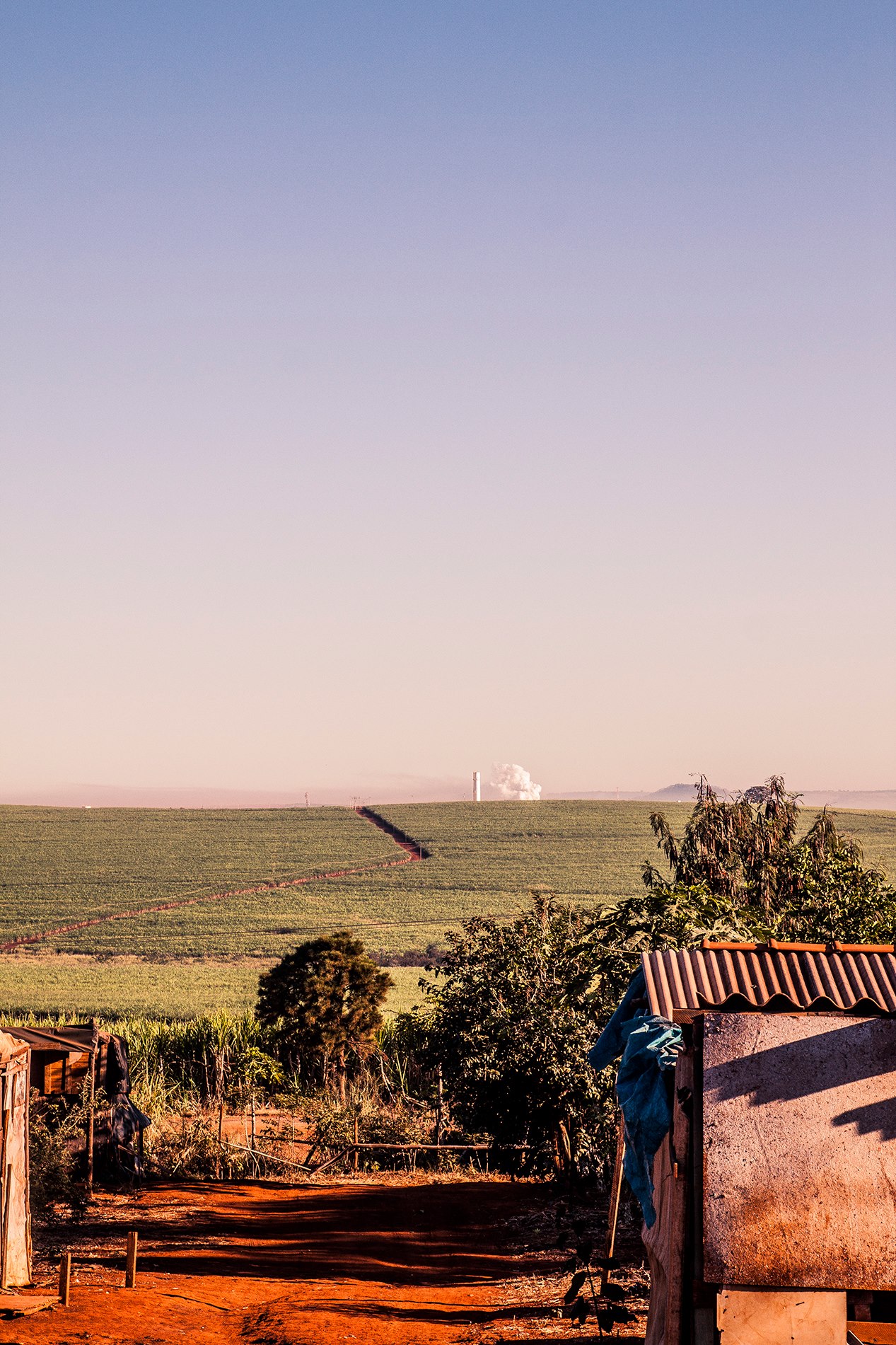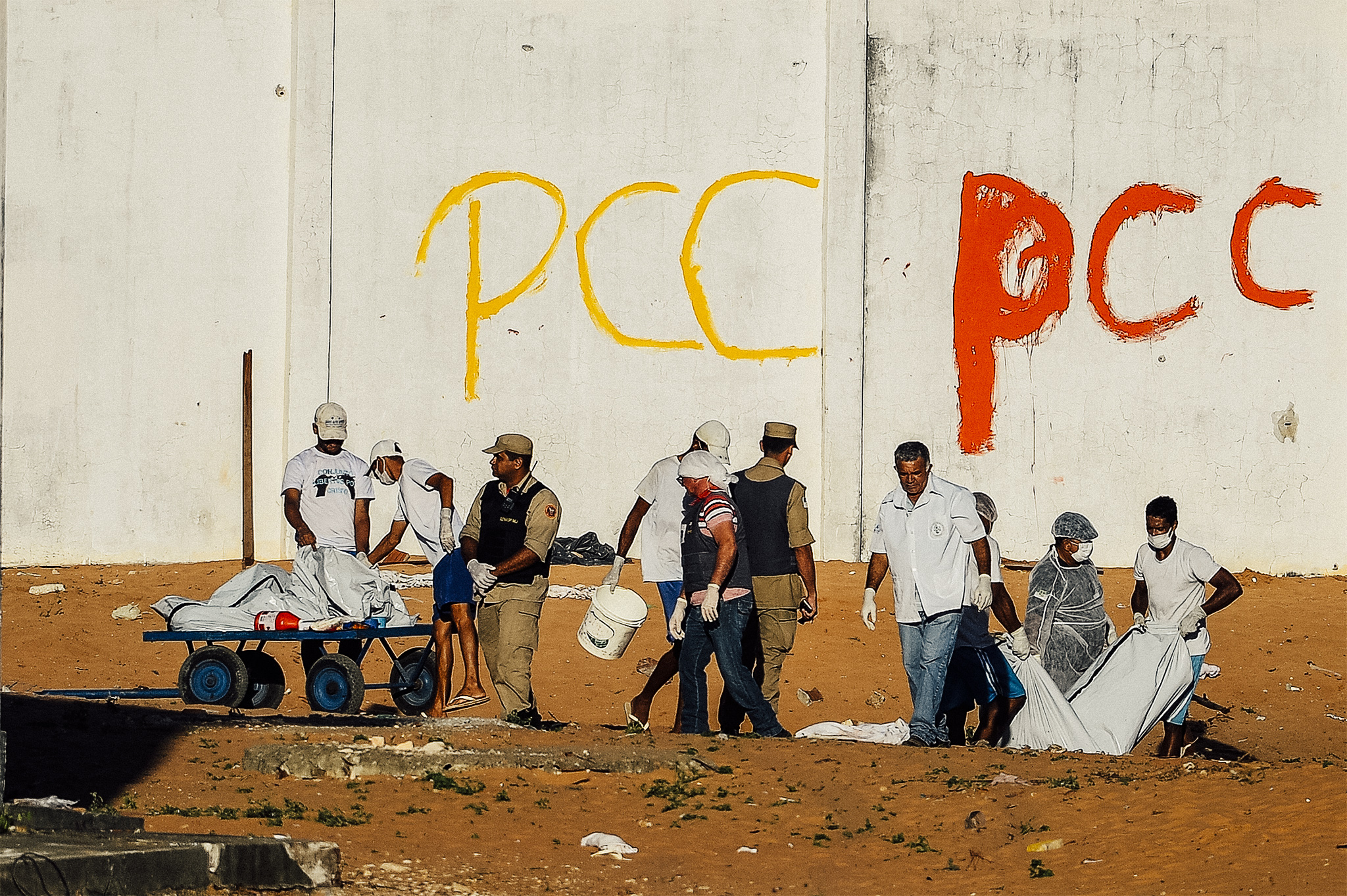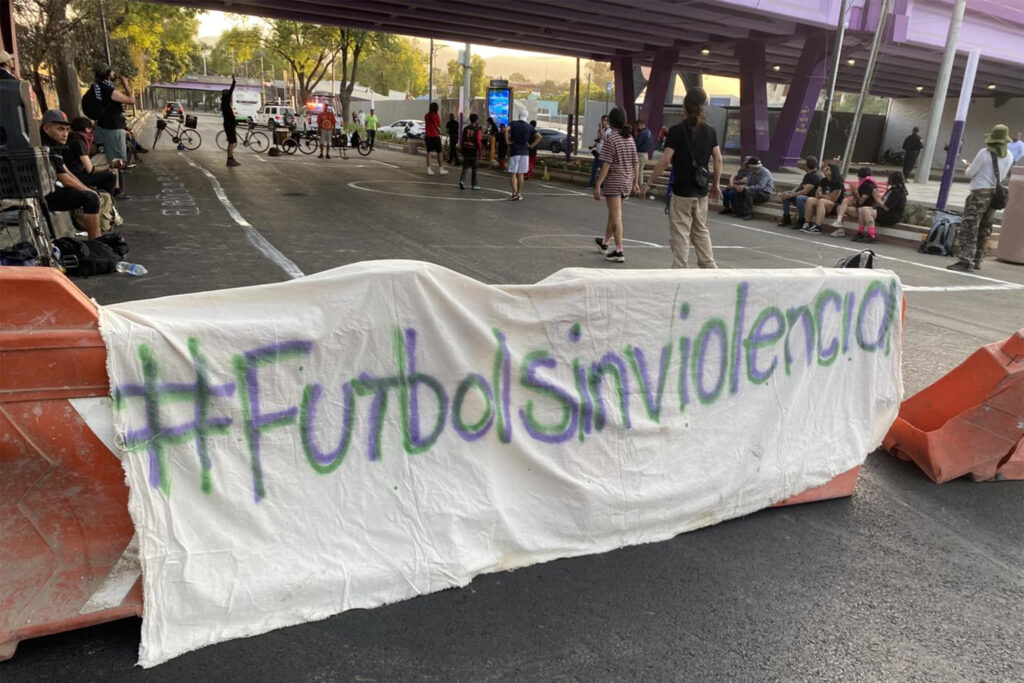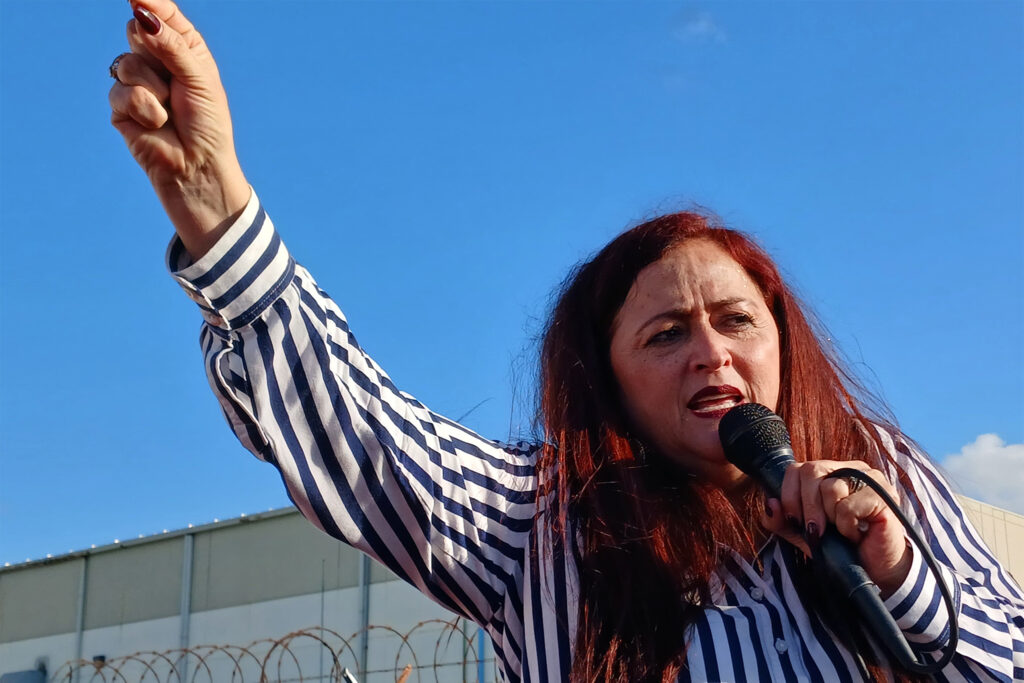Capitalism is Synonymous with Crime
This editorial by Raúl Zibechi originally appeared in the September 5, 2025 edition of La Jornada, Mexico’s premier left wing daily newspaper. The views expressed in this article are the author’s own and do not necessarily reflect those of the Mexico Solidarity Project.
Sometimes the relationship between organized crime and capitalism appears clear and transparent, giving us an opportunity to assess the current state of the system and where it is headed.
A few days ago, the Brazilian federal government launched a massive operation against organized crime in the fuel sector, with surprising results. It identified 40 real estate investment funds worth $5.5 billion, controlled by the First Capital Command (PCC), the largest drug trafficking group in Brazil. These funds financed the purchase of a port terminal, four refining plants, 1,600 fuel transport trucks, and more than 100 properties.
They also purchased farms worth another $5 billion and a shadow bank, the fintech BK Bank, which moved up to $8 billion. More than 1,000 gas stations in 10 Brazilian states are used to launder organized crime money, but the PCC’s operations are estimated to reach up to 2,500 gas stations nationwide.
The PCC was founded in 1993 in the Taubaté prison in Sao Paulo. Today, it operates in 90 percent of prisons and has spread to Uruguay, Paraguay, Bolivia, and Colombia. It is the largest criminal gang in Latin America, with a possible membership of 40,000, many of them in prisons. Through cocaine trafficking, it has established alliances with the Italian ‘Ndrangheta and is believed to have strong support in African and European countries.
What investigations in recent years have revealed is a growing sophistication in money laundering operations, as well as its involvement in online gambling websites and investments in soccer clubs. The current investigation revealed that the PCC dominates the sugarcane chain through the purchase of farms, refining plants, fuel stations, and transportation.

The above data clearly demonstrates the close relationship between “traditional” business and organized crime. This reality deserves further exploration.
On the one hand, we see how crime adopts the methods of large capitalist businesses. They invest with the same logic, seeking to monopolize each sector to maximize profits. So-called organized crime is part of capitalism, from which it differs only in that its activities are not considered legal, which allows it to exponentially increase its profits. The methods of crime are identical to those of extractivism, as can be seen in mining.
On the other hand, a broad gray area emerges between what is legal and what is illegal: criminals seek to legalize their capital by investing in land, real estate, mining, and, above all, finance, because it is the best way to launder their assets. “Legal” businesses adopt mafia-like methods by evading taxes (something that is now standard in any sector), supported by specialists such as lawyers and notaries.
While crime moves toward legalization, traditional entrepreneurs move toward illegalization. Both seek to buy off judges and politicians, invest in sports and anything else that allows them to overcome difficulties and increase profits. They neutralize the state or take it by storm, buying favors or using threats, depending on the situation.
For all these reasons, in many regions, mining companies and organized crime are working together to displace communities they consider an obstacle to the exploitation of Mother Earth.
If we accept that existing capitalism is a war of dispossession against the people—World War Four, as the Zapatistas call it—we must also accept that there is nothing illegal about wars, since the law of might prevails. Gaza is the best example of the evaporation of all legality, of all humanity, because it seeks to dispossess and displace the Palestinian people, turning their territories and lands into mere commodities.
Crime operates exactly the same in Cherán, Chicomuselo, or anywhere in the world, because we, the people, we human beings, have become an obstacle to the endless accumulation of capital. Therefore, from now on, genocide will be the norm, as it was during the Conquest of America.
It is irresponsible and perverse to spread the idea that there can be a “good” capitalism, as progressive presidents in this region have repeatedly said.
As Immanuel Wallerstein noted, capitalism was a huge setback for two-thirds of humanity: women, girls, and boys, people the color of the earth. What followed were crematoria, genocides, and the mainstream media that disguised this reality.
Any form of politics that fails to warn people that we are in the age of genocide, or that genocide is occurring elsewhere, leads them to the gallows. As labor historian Georges Haupt noted, anyone who entertains the people with captivating stories “is as criminal as the geographer who draws false maps for navigators.”
Raúl Zibechi is a popular educator, researcher in social movements, journalist and writer. He is a columnist and international analyst for La Jornada and the author of Del contrapoder a la complejidad and Universidades antihegemónicas.
-
Workers Party Claims Sheinbaum Electoral Reform Will Eliminate Party System
The socialist party’s leader recalled the democratic spaces that the left managed to conquer with the 1977 & 1996 reforms, a “fruit of countless struggles, repressions, imprisonments, disappearances and even armed uprisings.”
-
Anti-FIFA Challenge: Football Defends the Territory
Mexico City residents are organizing Anti-World Cup Days to protest water theft and gentrification that have accompanied preparations for the World Cup, put on by the corrupt, international criminal consortium known as FIFA.
-
Tridonex Strike in Matamoros to Start March 6th
1,300 workers are expected to strike, demanding the company fulfill its obligation to pay workers in full. Tridonex is owned by First Brands, the US autoparts corporation accused of massive fraud.




